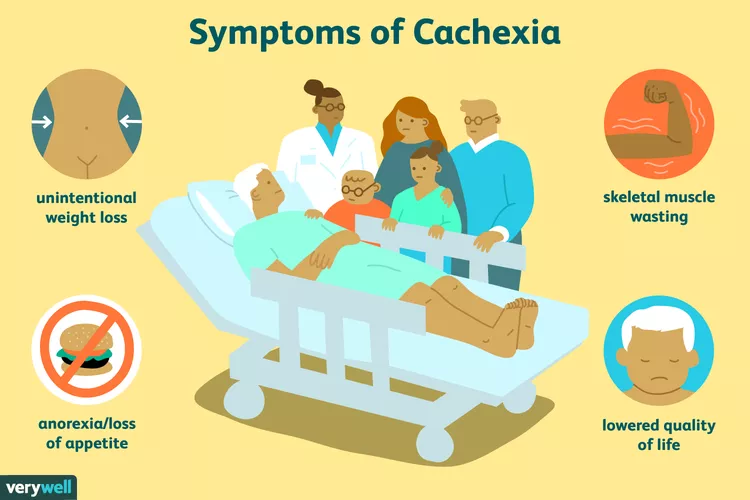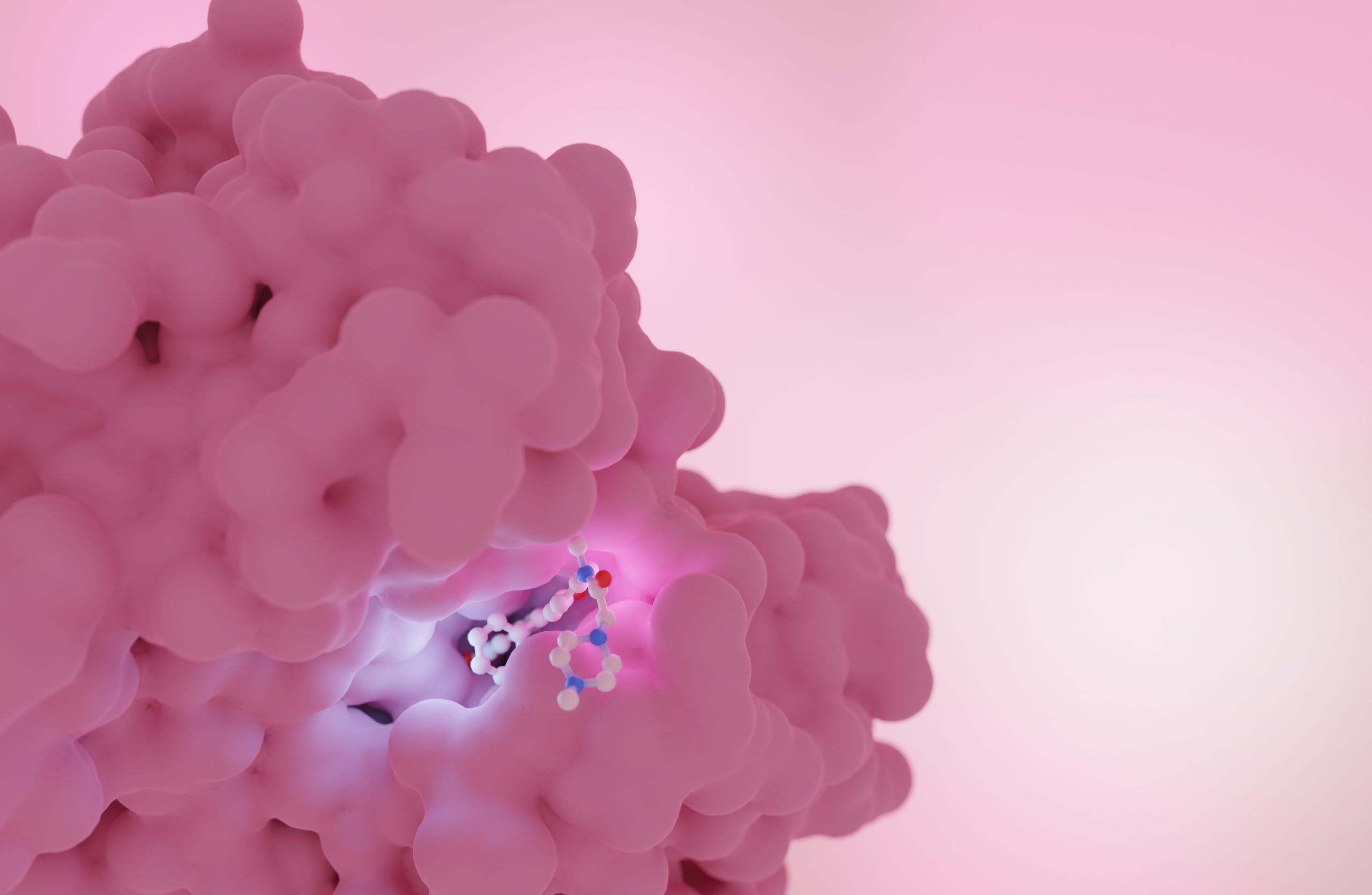News
Radiotherapy prior to immunotherapy is the best treatment sequence for melanoma related brain metastases
Patients with melanoma related brain metastases achieve reduced risk of progression and better overall survival if they receive radiotherapy before immunotherapy as opposed to the other way round. The meta-analysis study, abstract RADT-04, presented at the Society of Neuro Oncology…
Study helps solve the puzzle of checkpoint inhibitor myocarditis
The immune reaction that occurs in the hearts of patients taking checkpoint inhibitors who develop immune checkpoint myocarditis may be distinct from the immune responses occurring in the tumours of these patients. The study, published in in Nature, 6 November,…
Smoking cessation fundamental to first-line cancer care
Cancer patients who enter a smoking cessation programme within six months of receiving a diagnosis, and quit within three months after programme entry, experience a 26% reduction in mortality versus those who continue smoking. The study, published in in JAMA…
Large-scale whole genome sequencing identifies six new cancer susceptibility/ resistance genes
Six previously unreported genes have been revealed to harbour rare germline mutations that associate with cancer risk. The study, published in Nature Genetics, 29 October, identified 34 genes associated with cancer risk, including four novel genes associated with increased cancer…
Lessons in nature: knowledge of exceptional animals could help tackle human cancers
Cancer prevalence across vertebrate species increases with higher adult mass and decreases with longer gestation periods. The study, published in Cancer Discovery, October 24, has identified more than 90 different species of animals (including the common dolphin, common porpoise and…
Breast cancer treatments may accelerate ageing
Breast cancer treatments activate genes associated with biological ageing. The study, published in the Journal of the National Cancer Institute, 8 October, suggests that chemotherapy, radiation, and surgery all lead to statistically significant increases in cellular senescence and DNA damage…
Targeting a circulating cytokine offers new hope in cancer cachexia
Among patients with cancer cachexia and elevated levels of the cytokine GDF-15, inhibiting GDF-15 with ponsegromab resulted in increased weight gain. The study, published in the New England Journal of Medicine, 14 September, showed that in comparison to placebo, patients taking ponsegromab…
Study opens way for using antifibrotic drugs to prevent metastasis
Adding a drug currently used against idiopathic pulmonary fibrosis to chemotherapy in the neoadjuvant setting increased event-free survival in patients with early HER2-negative breast cancer. The study, published in Clinical Cancer Research, 16 September, found that high levels of fibrosis…
Nobel Prize for medicine awarded for discovery of microRNAs, which play key role in cancer development
The 2024 Nobel Prize in Physiology or Medicine, announced on Monday 7 October, has been awarded jointly to Victor Ambros and Gary Ruvkun for discovering microRNAs and their role in post-transcriptional gene regulation. The work by Ambros, now at the…
ESMO launches initiative to tackle burnout in oncology healthcare professionals
The European Society for Medical Oncology (ESMO) is calling on the oncology community to commit to improving the wellbeing of the cancer workforce. In a paper published in ESMO Open, 10 September, ESMO outlines 11 actions to manage psychosocial risks,…










